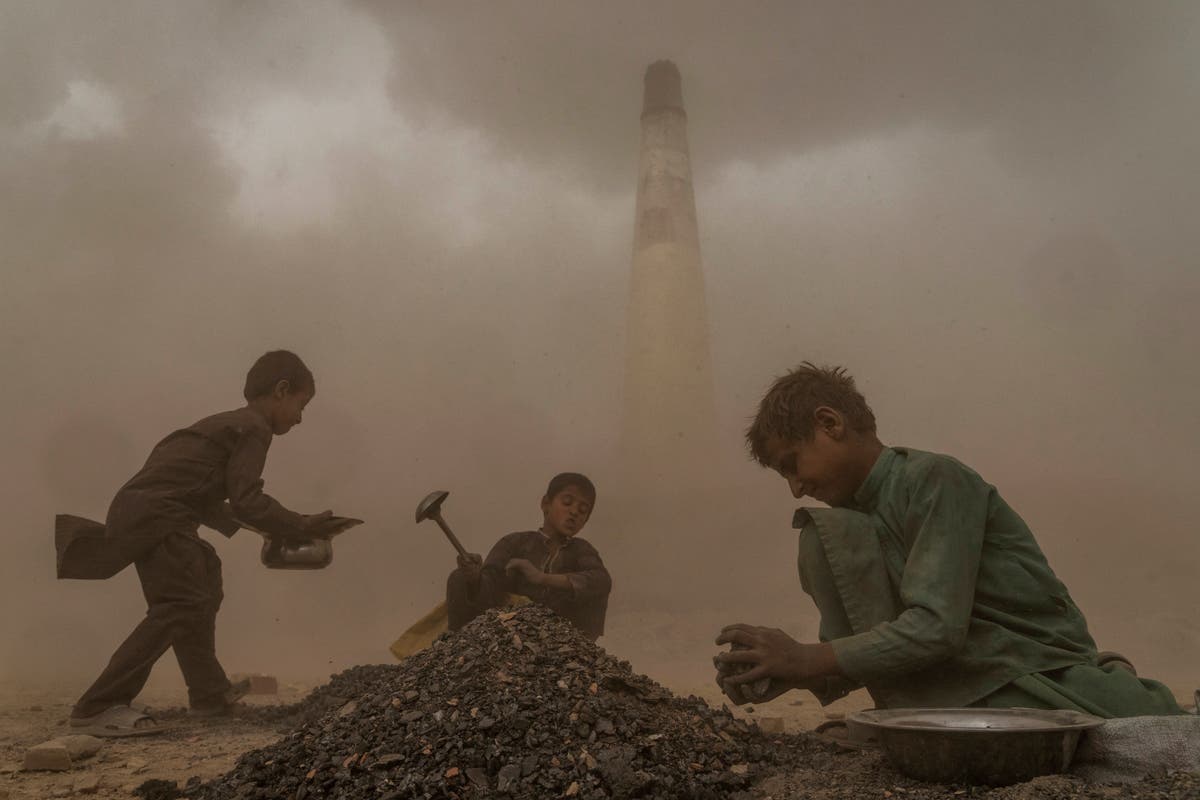China and Pakistan’s Entente for Destroying Gilgit Baltistan’s Future

Recently, the illegally occupied territory by Pakistan, Gilgit Baltistan made into the news given the Awami Action Committee’s (AAC) protest rally against the heavily imposed taxes, reduction in the wheat quota followed by a land reforms act in the region.[1] The protestors expressed their discontent on the arrest of their leaders including Chairman Fidah Hussain and several other senior AAC leaders. In early 2022, another protest by locals to oppose the decreased subsidies in wheat prices, had witnessed a fierce crackdown by the Pakistani authorities that was organised.
Since 1947, when the gut-wrenching partition of India and Pakistan took place, Gilgit Baltistan has remained a bone of contention between the two South Asian neighbours. While Pakistan illegally controls the region, its historical linkage with Jammu and Kashmir cannot be overlooked. Pakistan may prefer to place it officially as a part of ‘Azad Kashmir’, but the fact is that Gilgit Baltistan remains an occupied territory, administratively ruled by Pakistan from Islamabad.[2]
In November 2020, then Prime Minister of Pakistan Imran Khan made headlines with his government’s intent to make it the fifth province of Pakistan. But the locals and activists in the region fiercely opposed this move. They were of the opinion that this move fundamentally violated the UN resolution as it proposed to alter the legal status of the region and hold elections. According to them, making this region was not a good move for the province. The belief is that Pakistan has been systematically exploiting Gilgit Baltistan in terms of its resources and giving no share of the profits to the locals. The opposition that followed this decision is not just a result of the current circumstances. The resentment goes back to decades from when the locals have felt that they have been ignored, exploited and ill-treated.[3]
It is important to note here that Beijing has vital stakes in the region for its ambitious China-Pakistan Economic Corridor (CPEC) project which falls under the larger umbrella of Belt and Road Initiative (BRI). Given the crucial investments that Beijing has made in the region, it has been pushing Islamabad towards granting Gilgit Baltistan a provincial status in the greater intention of protecting its interests. The region shares border with China’s Xinjiang Uygur autonomous region. It has been China’s only overland gateway access route to the Arabian Sea since the construction of Karakorum Highway that links China and the Gilgit Baltistan to Pakistan from 1978. The CPEC is the largest BRI initiative with capital of over US$ 60 billion out of which most are invested in Gilgit Baltistan. This makes it very significant territory under the project. For the past two decades, China has been intending to see the region becoming a province as a reality.[4]
The mutual interests of Pakistan and China in the region has resulted in suppression of the locals, provoking sectarian violence and exploitation of the natural resources.[5] Under these ambitious CPEC projects, the construction of major dams, oil pipelines and gas facilities is being undertaken. The price for these projects is being paid by the locals in the form of threat to sustainability to the environment, immense pollution and major damage to the marine ecosystems. [6]
Pakistan army in Gilgit Baltistan has engaged in snatching the land from locals and pass it on to the Chinese firms operating in the region. Islamabad is facilitating the Chinese companies even on the front of workforce. On one hand when most of the population of Pakistan remains unemployed, Islamabad has no objection for the Chinese firms to bring Chinese workers. [7] The young locals who try to resist or protest the autocracy of Pakistan are often charged with charges like treason and terrorism. It is clear that both Pakistan and China are leaving no stone unturned to exploit the people and land of Gilgit Baltistan.
China’s ambition and intentions to convert Gilgit Baltistan into province may have got intensified after India’s move to change the constitutional status of Jammu and Kashmir in August 2019. The Chinese perceived it as a move by India to reclaim Aksai Chin under the Chinese occupation. Beijing had heavily criticised the Indian government’s move. Apart from the region’s closer geographical proximity to Xinjiang, it is also contiguous to Ladakh. So, if at all a major conflict occurs in Ladakh, China wants to ensure that it has a leverage in terms of military deployment.[8]
It is in this context, China has been quite insistent for Gilgit Baltistan being converted as a province of Pakistan. And Islamabad and Rawalpindi are ready to go to any extent to appease the Chinese side. Beijing’s heightened insecurities after New Delhi’s move to abolish article 370 and anticipated threat on the escalation on border issues are defining its approach to Gilgit Baltistan. The Chinese side may be wanting to frustrate India by implementing this approach, which will give a sense of achievement to the Chinese authorities. However, the region’s dynamics and locals’ frustration against the Pakistani state are undermining the Chinese plans and posing difficulties for the China-Pakistan nexus.






